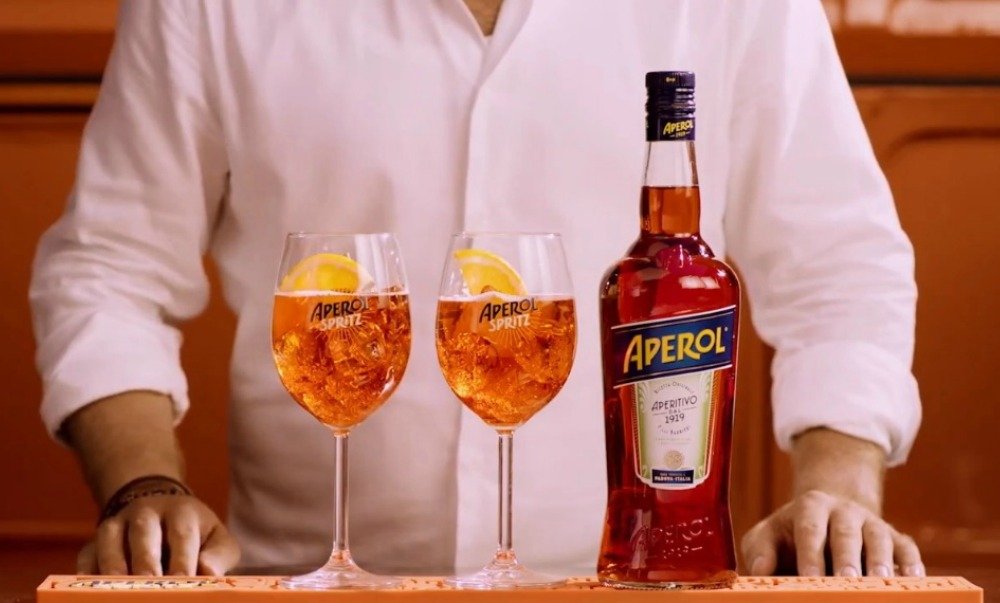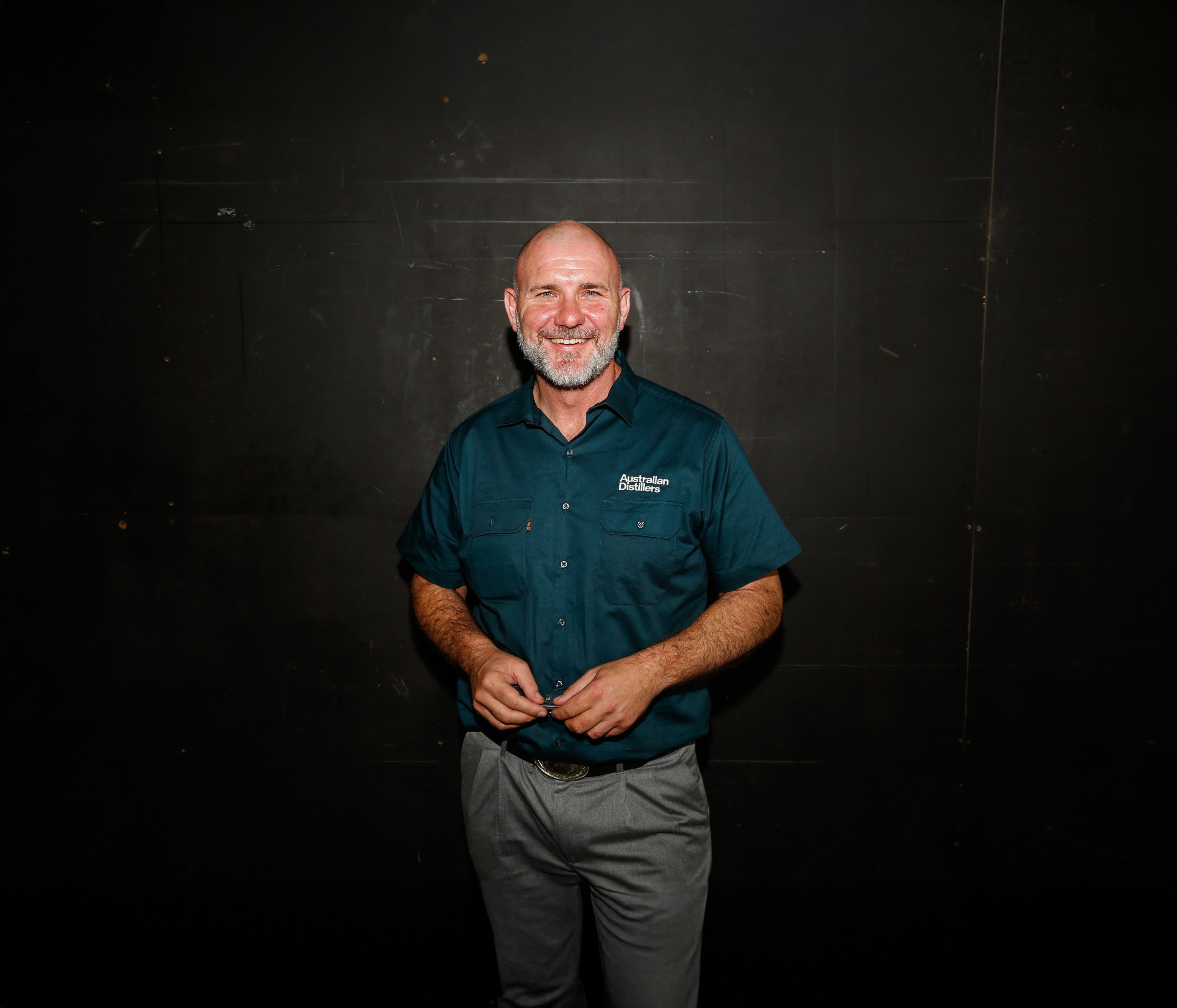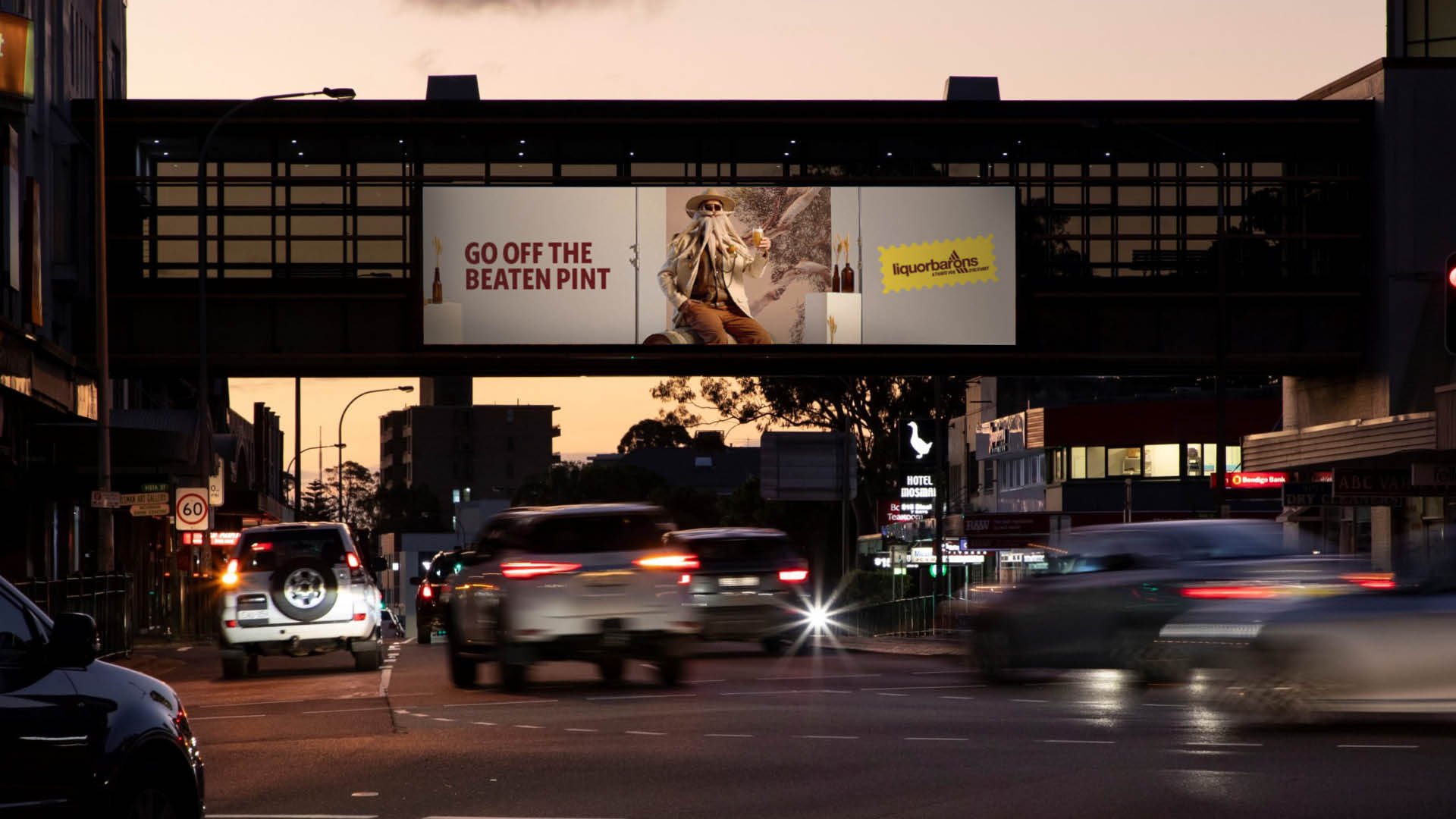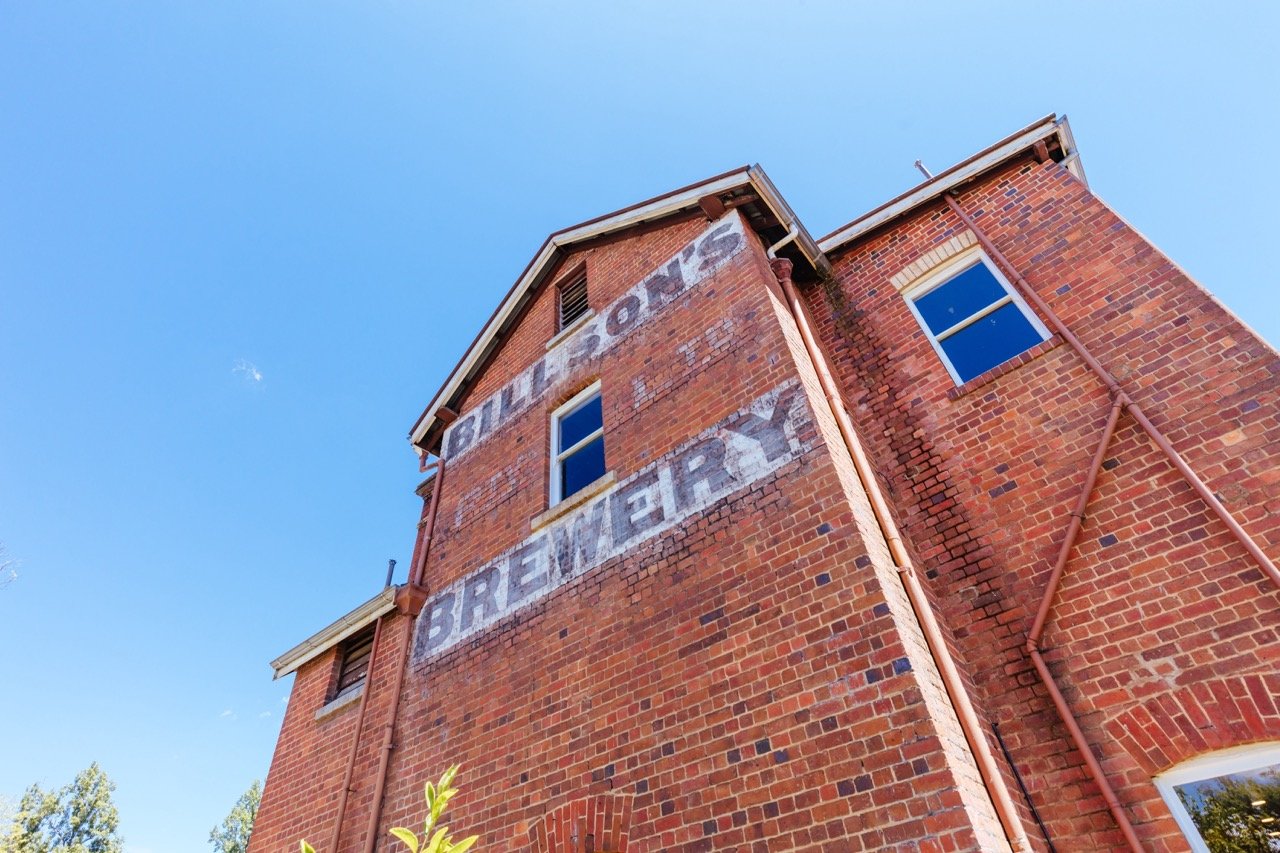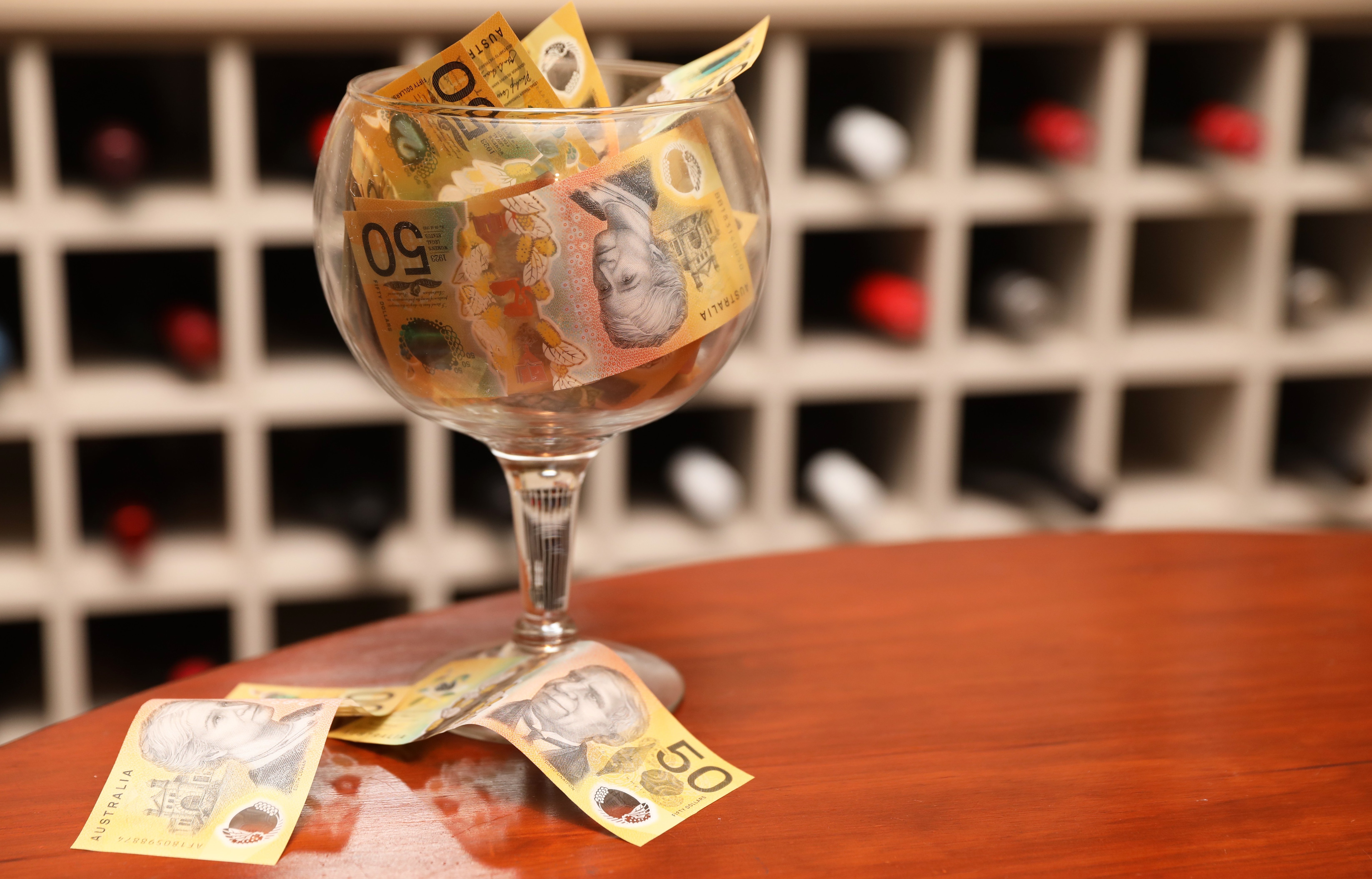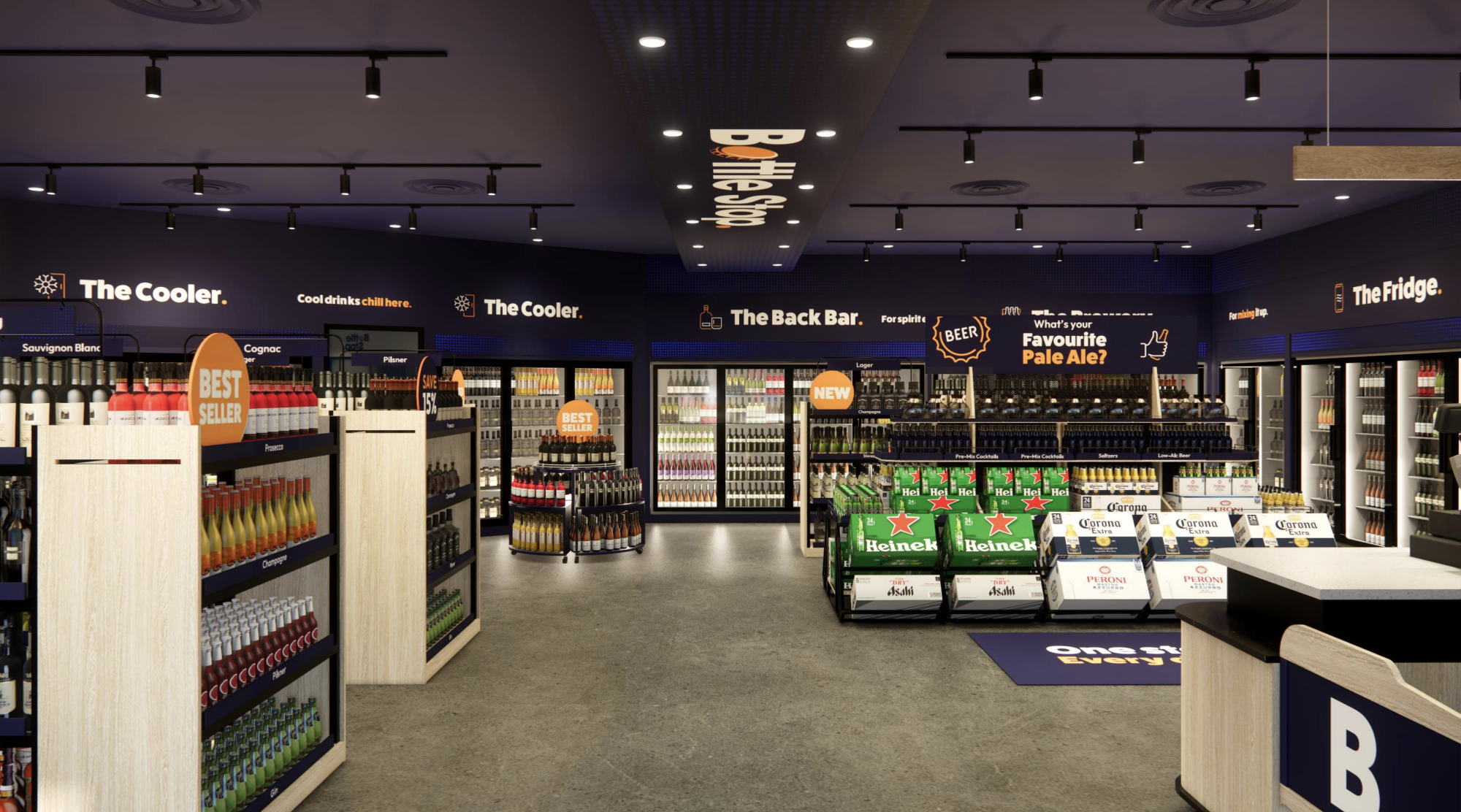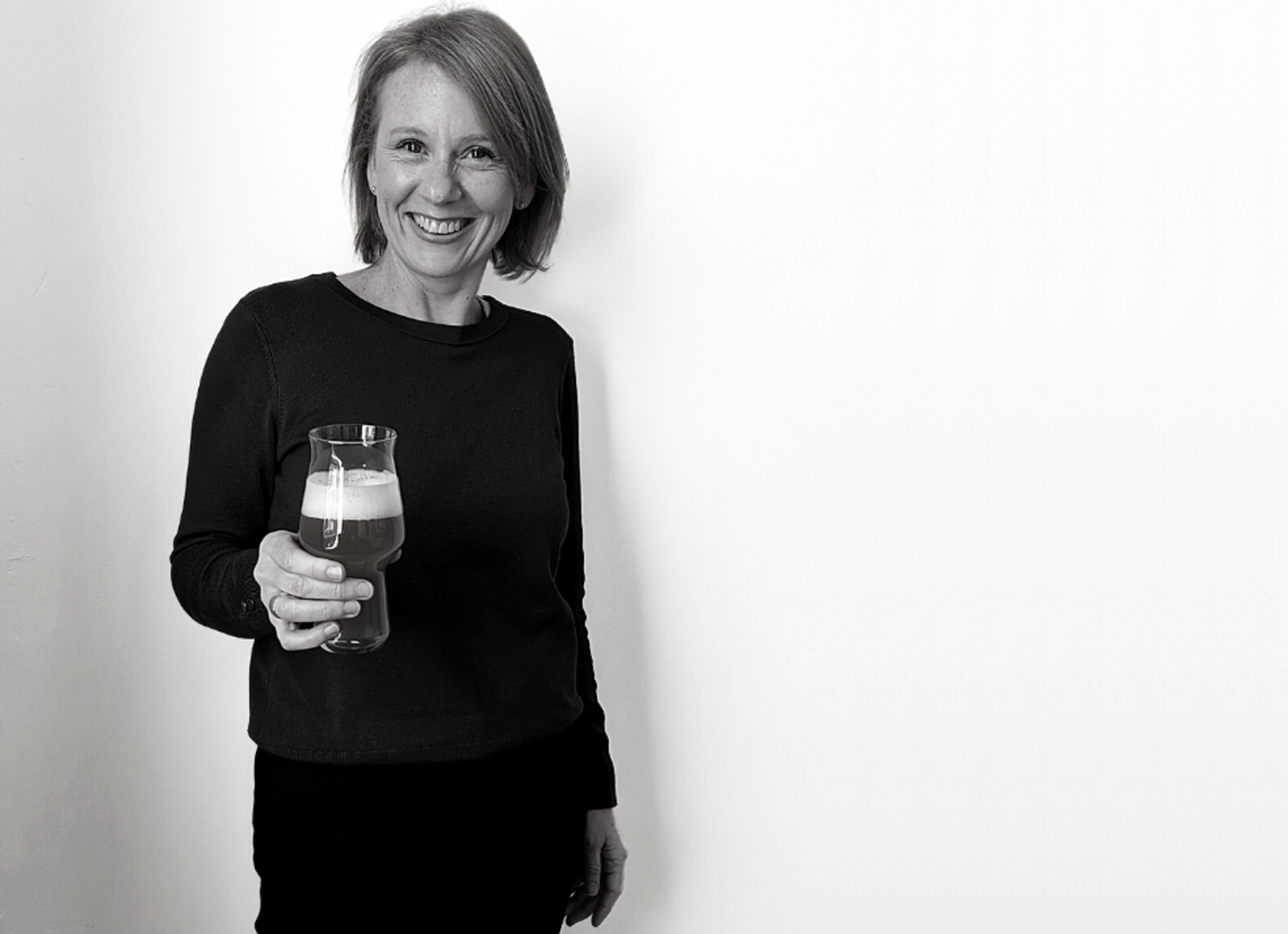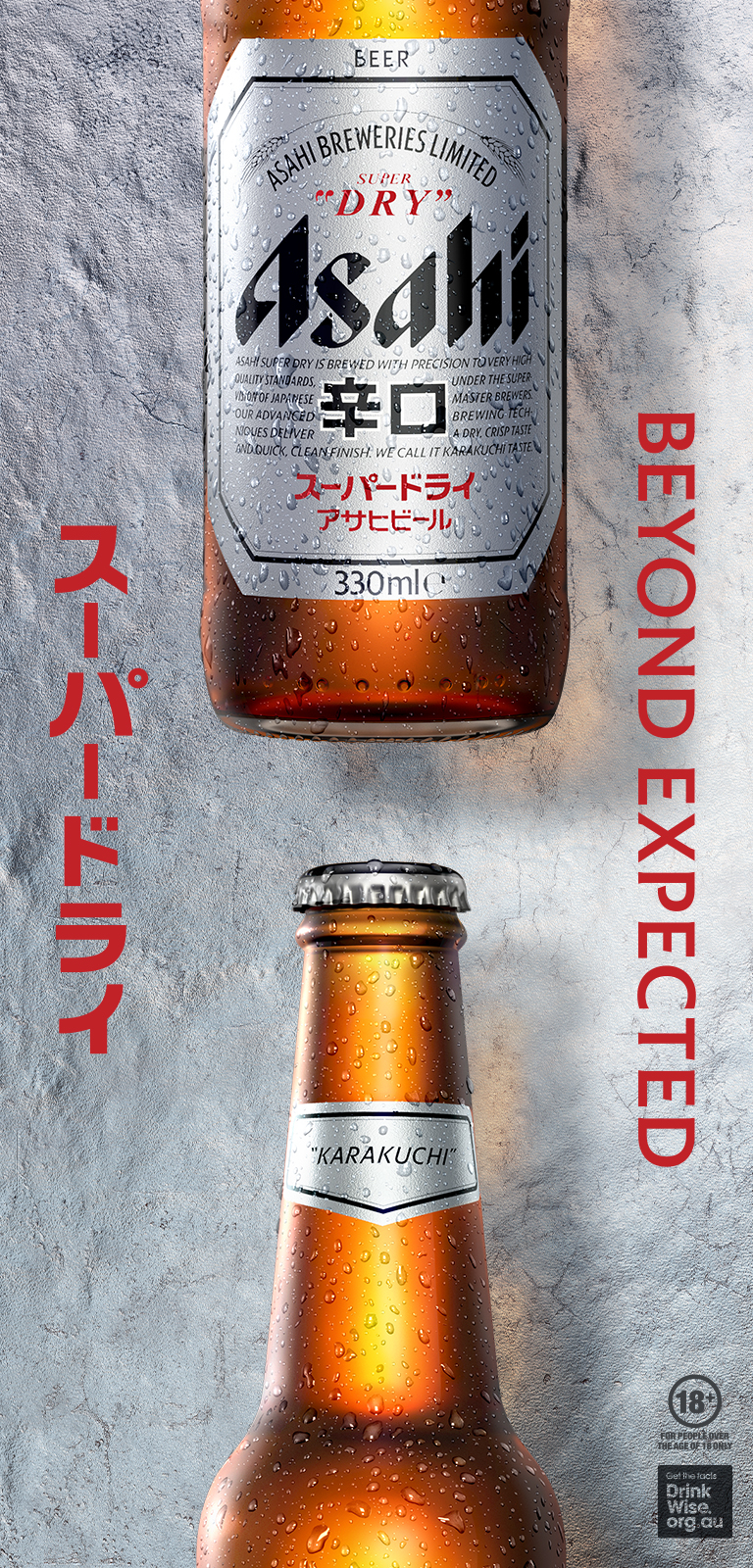The reign of Aperol continues for Campari: the company's full-year results show the brand is its largest by value and continues to outperform in every market.
It now represents 18% of group sales and celebrated 20.5% growth in 2019.
Australia enjoyed another year of double-digit growth for Aperol, up 22.8%; America was up 33%; Russia is now the brands 4th largest market, with 62.7% growth; while China also registered very high double-digit growth after first-time activations in Shanghai over summer.
Millennials may regard it as a new discovery, but Aperol marked its centenary last year. Launched in 1919 at the Padua International Fair, Aperol was created by the Barbieri brothers, Luigi and Silvio, who coined the name ‘Aperol’, having taken inspiration from the French term for apéritif, ‘Apéro‘.
Aperol Spritz is also fueling the growth of Campari's sparking wine Riccadonna in international markets.
Campari Group overall saw 5.9% organic growth in 2019; with reported sales of €1,842.5 million.
Australia is celebrating a "very satisfactory performance" with growth of 2%. Highlights were "positive growth" in Wild Turkey RTDs, Aperol, SKYY and Espolòn.
Bob Kunze-Concewitz, Chief Executive Officer, said: "We’re outperforming in bourbon RTDs in Australia, up 5%."
He continued: "Asia Pacific was up 0.8%, Australia up 2% on a shipment basis, but actually if you look at consumption data and depletion data, we grew at three times that rate.
"Clearly, there were changes in one of our largest retail customers, which impacted stocks across the industry."
Destocking & bushfire issues in Australia
When asked to explain further about the issues in Australia, Kunze-Concewitz added: "A very, very large if not the largest retail customer of ours decided to change his whole policy with regards to spirits inventories. So that ended up in destocking across the industry and also impacted us.
"So having said that, very satisfactory performance. You need to bear in mind also the tough comp base, we were up 10.5% the previous year and the bushfires didn’t really help.
"We had a very weak January in Australia, because of the fires nobody was in the mood for celebrating. And you actually see that in the off-take data of all spirits as well as beer."
His view was shared by Coles CEO Steven Cain, who also blamed the bushfires for the drop in liquor sales in the company's HY20 results.
“People were eating out less during the bushfire period,” he said. “They were spending more at supermarkets, but they appeared, certainly in January, to be spending less on alcohol out in the garden over the BBQ.”
Australia also bucked the US decline in SKYY, where the franchise declined by -3.8% in FY 2019, largely driven by the US following destocking activity mainly aimed at streamlining the SKYY infusions, which lasted until the end of the third quarter with some tail end effect in Q4 2019.
Singapore replaces Australia as regional headquarters
In a call to analysts, Kunze-Concewitz revealed initiatives the company is taking regarding business development in Asia.
"As you know, Asia-Pac is our smallest region, but looking forward, with the change in consumer taste and habits, we see very good opportunity to accelerate our growth there," he said.
"Today, most of our business is actually in Australia and in New Zealand, but we see very, very good opportunity brought about by the growth of classic cocktails in all key cities, as well as Asian consumers acceptance and appreciation of the Aperol Spritz, which we see when they’re travelling abroad.
On the basis of that, he said Campari was relocating its regional headquarters from Australia to Singapore within Q1 of this year.
"So clearly, we’ll be – our team will be much, much closer to the market. And we’ll be able to move faster and much more effectively in all of those core markets," he explained.
The international markets, which account for 27% of the brand’s global sales value, were flattish, impacted by the destocking activities in South Africa, ahead of route-to-market changes.
"In full year 2019 the Group continued to deliver on its long-term strategy, despite the negative effects of destocking ahead of route-to-market changes in selective markets, as well as the negative agave purchase price effect.
"Nonetheless, we achieved a positive performance across all the key business indicators in terms of organic growth and margin expansion.
"Looking ahead into 2020, our outlook remains balanced in terms of risks and opportunities as uncertainty around macroeconomic instability and currency volatility, particularly in emerging markets, remains.
"We are confident to achieve a positive EBIT growth in value in 2020, driven by the key high-margin brand and market combinations. The tail-end effect of the destocking activities, linked to route-to-market changes, is expected to impact the first half of the year, on top of a tough comparison base.
"Moreover, the trend in marginality will continue to be affected by the increasingly elevated agave purchase price and the import tariffs imposed by the United States, the Group's largest market. Overall, we will also benefit from the recent acquisitions, as well as the expected future developments in the French market, thanks to the agreement for the acquisition of our local distributor, which is expected to be completed during the first part of the year."
Campari moves registered office to the Netherlands
Campari also announced it plans to move its registered office to the Netherlands and introduce an enhanced loyalty share scheme, in a move aimed at increasing the Italian spirits group M&A opportunities.
Kunze-Concewitz said: "With the transfer of the registered office to the Netherlands and the enhancement of the double voting rights mechanism, by way of introduction of a new special voting rights mechanism, we aim to adopt a flexible share capital structure, which will enable us to pursue further growth through external opportunities and underpin a long-term committed shareholder base, in line with our strategic guidance.
"We will pursue these objectives without any impact on the organisation, management and business operations in Italy or in any other region in which the Group operates.
"In particular, no reorganization is envisaged, nor is any transfer of the Group’s assets to the Netherlands contemplated. The Company will maintain its tax residence in Italy also upon completion of the Transaction. The maintenance of the current Group structure, which will continue to be led by the Company on a constant and uninterrupted basis, reflects our strategic priorities with reference to Italy, a key market for the Group’s future growth."
Campari said it would maintain its tax residence in Italy and would continue to be listed solely on the Milan bourse.
Shareholders will vote on the proposed changes on March 27, the company said, adding that those against the plan could exercise their withdrawal rights and receive 8.376 euros/share.
The plan could go ahead only if the amount of cash paid to investors opting out would not exceed 150 million euros, however.
Goldman Sachs and UBS were Campari’s financial advisers on the deal, which is expected to be finalised by end-July.
Share the content
